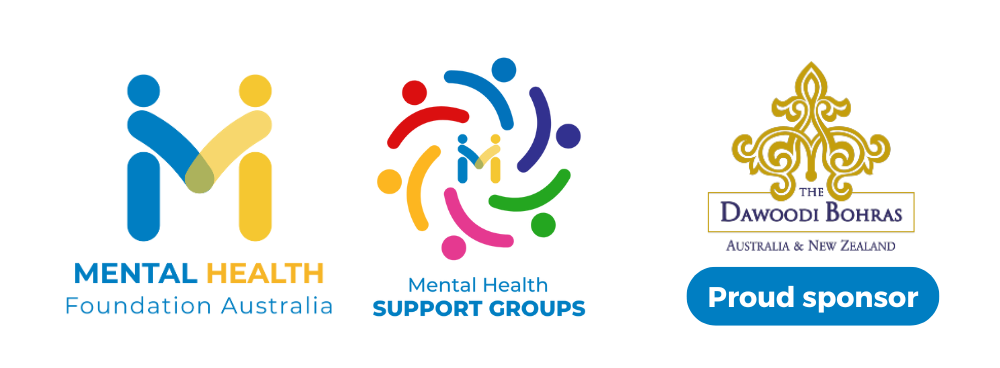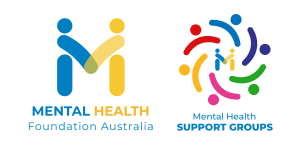Borderline Personality Disorder Support Group
The Mental Health Foundation Australia provides a free support group to meet in comfort and safety and give and receive support. The group provides the opportunity to learn more about the disorder and to develop social networks. Each MHFA Support Group is free.
This group is not provided for carers, this group is only for consumers affected with borderline personality disorder.
Join the Face-to-Face Borderline Personality Disorder Support Group
Schedule
Every first Monday of the month
7:00pm - 8:30pm
Mental Health Foundation Australia
How to get there?
Face-to-Face sessions are conducted at the Mental Health Foundation Australia located at G1, 10 Yarra Street, South Yarra VIC 3141.
If you plan to attend in-person, public transport is the easiest way to access the Wellness Hub. Private parking is available in the area- please be aware of closing times.
Borderline Personality Disorder

Lenka Lucchini, BPD Support Group Facilitator
Lenka is currently completing her Master of Counselling at the University of Canberra and is a dedicated provisional counsellor passionate about supporting individuals through emotional challenges. She creates a safe, non-judgmental space for clients to explore their thoughts, emotions, and experiences, guiding them toward healing and self-discovery. With over 15 years of experience in the community sector, Lenka has supported individuals from diverse cultural and linguistic backgrounds. She has worked extensively with people with disabilities—including Autism, Intellectual Disabilities, Developmental Delays, and Acquired Brain Injury—as well as those experiencing mental health conditions such as Bipolar Disorder, Schizophrenia, and Borderline Personality Disorder. She also has significant experience addressing alcohol- and drug-related issues. Lenka uses evidence-based approaches such as Cognitive Behavioral Therapy, Person-Centered Therapy, and Solution-Focused Therapy. She tailors her work to each individual, particularly those dealing with anxiety and depression, aiming to empower clients to achieve lasting emotional well-being and fulfillment.


